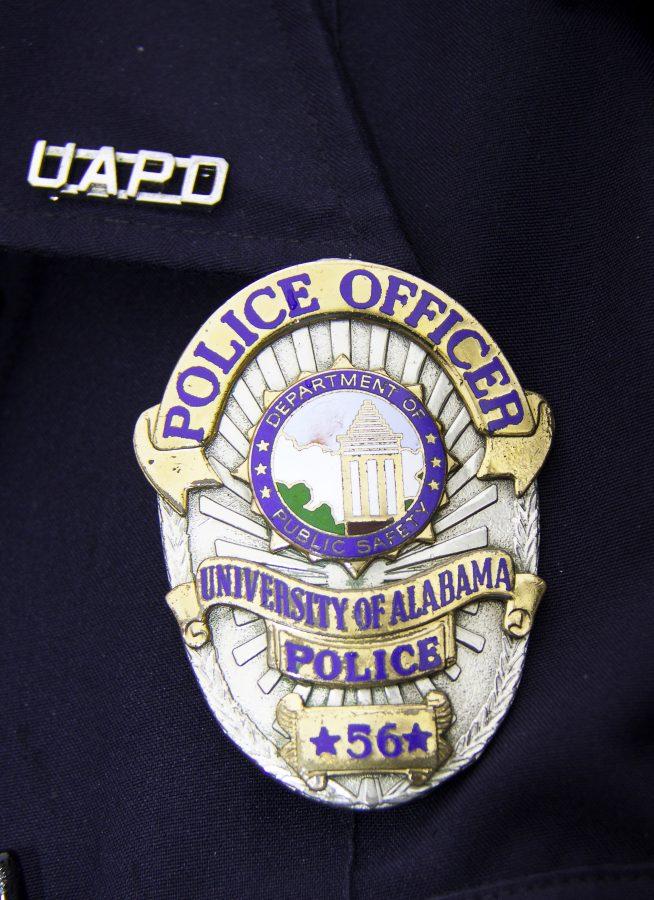UAPD introduces community policing, mental health officer to campus
July 24, 2019
While out venturing the beautiful campus at the University of Alabama, you may see live oaks, squirrels and, now, more police officers.
Yes, they’re quite hard to approach, but as long as you keep your distance, everything will be fine – the squirrels, of course.
In an effort to mitigate issues and build trust with students, police officers on campus are stressing a community-oriented approach to law enforcement: They’re friendly faces that are there for you as students, faculty, staff, and visitors.
What is Community Policing?
Community policing is when a police officer is assigned to an area within a city – in this case, a campus – to become familiar with the people and its activities. By nature, programs like these also increase police presence and patrolling on University grounds, which may pose a threat to members of marginalized groups who have been historically impacted by increased police presence. But community relations and police officer Daniel Mosley said that’s not the goal.
“Our intention is to establish and maintain a relationship with not just the students but the university as a whole,” Mosley said.
UAPD established the community-oriented policing program last year to be able to gain a sense of communication within the students and faculty. Although there are specific officers assigned to community policing, all officers are encouraged to engage in campus-friendly interactions. These officers can be seen at numerous locations on campus including the Ferguson Student Center, the Quad and even dining halls.
“The idea is for the officers to get out into their perspective areas and meet people,” Mosley said. “The idea is to fix small problems to avoid larger ones.”
Mental Health Officers
In June, the county hired three mental health officers to serve in different departments. While there are specific officers for the community as a whole, one specially trained officer will take on the role of being a mental health officer for the University.
Mosley stated that not every police officer is a mental health officer, but they all have the training necessary to communicate with someone with mental health disorders.
“UAPD has an officer who has specialized training and experience in working with people who have a mental illness, learning disabilities, or related conditions.” Mosley said, “This officer is sworn in by the County Probate Judge and has additional powers that allow for treatment of individuals that fall under the authority of the Probate Judge.”
We’re All in This Together
Even when an officer is just doing their regular patrolling, if they come in contact with a pedestrian, they are automatically partaking in community policing.
“If everyone takes an active role in their community then we are doing something right,” Mosely said.








